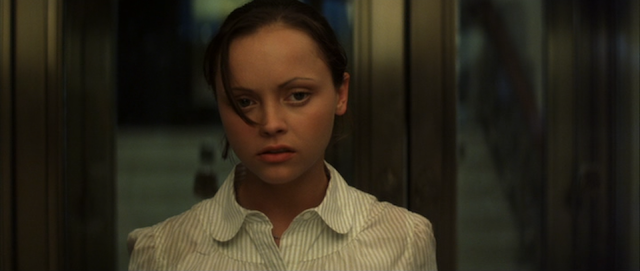Two films connected by funny dancing, Izzy Diamond and the friends Matthau and Lemmon. (In fact, I had proposed Lubitsch (
Trouble in Paradise),
Cactus Flower and
Love in the Afternoon, but it was the funny dancing in
Cactus Flower that connected us to the later Wilder.)
Cactus Flower is based on a play by Pierre Barillet and Jean-Pierre Grédy, which was adapted for Broadway by Abe Burrows and was a hit with Lauren Bacall and Barry Foster. So while the plot and structure were there (it still 'looks' like a play) you can guess that some of the great writing belongs to Diamond.
I dunno, as can't find a copy of the play online.
"I should have known better than to keep one in the city."
"A girl?"
"No, a car."
I love the way that Goldie kisses her neighbour Rick Lenz, and then he says "What do you want?"
Enormously enjoyable thanks to Matthau (playing it absolutely straight as ever), Bergman (great as ever) and a frothy Goldie Hawn in her (almost) debut. With Jack Weston, Vito Scotti, Irene Hervey (patient), Eve Bruce (Weston's date who can't believe what she's hearing about Matthau).
I read that the line in the Guggenheim spoken about a sculpture ("I bet someone cheated and used a ruler") was intended to be about a piece of op art. When the exhibition changed, no one had the sense to realise the line wouldn't work any more and to ask Izzy to write another one.
In fact you don't expect to see Bergman and Hawn in the same film at all, let alone dancing together.
Which neatly takes us to
Avanti - well, we realised we weren't going to be in Italy this year, so we brought it to us. What's amazing is that even the staff at the
Hotel Grand Vittoria Excelsior in Sorrento don't know the film and consequently don't realise it was filmed there - their claim to fame. We've watched in twelve times since 2007. It's a joy, one of those films that should be massively well known yet somehow isn't (like
They All Laughed).
 |
| Naturally occurring split screen |
"Frogleap."
"The Four Apostles - John, Paul George.. and Bertram."















































